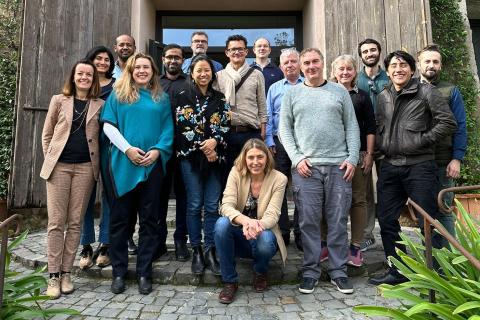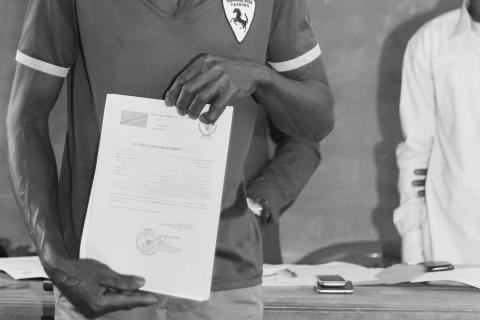
Eastern DRC is home to part of the world's second-largest rainforest after the Amazon, which harbors the last remaining mountain gorillas on the planet. However, this diversity and abundance of natural resources help finance rebellions that are undermining the country and destabilizing the entire African Great Lakes region.

On International Women’s Day, we reflect on the intersection of land rights and gender equity through a compilation of resources featured on the Land Portal’s platform. Women’s access to and control over land is fundamental to achieving sustainable development, economic empowerment, and social justice. However, despite international commitments, structural barriers continue to hinder women’s full participation in land governance.

The past few weeks have been critical (and uncertain!) for those of us fighting for the core principles of accountability, transparency, and due process. The Land Portal is proud to be part of this important work, providing the tools and resources needed to ensure land rights are protected and governance is strengthened through transparency and accessibility.
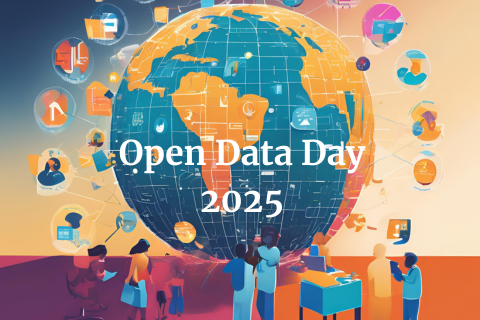
Development organizations that, in principle, support open data should focus more on releasing project-generated data for others to analyze and re-use. Producing written reports in the middle or end of project cycles is good practice, but not enough to maximize the knowledge captured from projects or for independent audits by third parties. This applies particularly to projects with land governance objectives, as governments – the usual custodians of land-related data – are only minimally opening these datasets up to the public.


The Land Portal has been following the news about USAID’s shutdown with much sadness and concern. During its 60-plus years of existence, the agency has acted on many fronts of international development, funding and managing thousands of initiatives to ensure good health, education, food security, women’s empowerment and, not least, good land governance in many countries of the Global South.
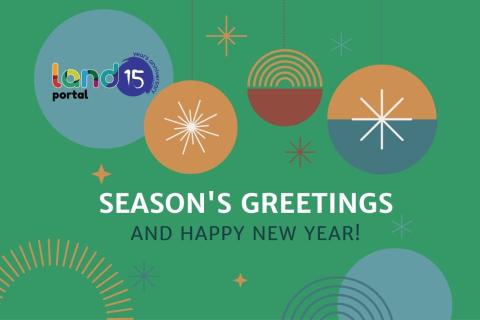
Dear Friends and Colleagues:
As we approach the end of another remarkable year, I want to express my heartfelt gratitude for the collective effort that fuels the Land Portal. Your engagement, insights, and contributions make the Land Portal a trusted source of land information, and your feedback inspires us to improve as a convening space and platform for the global land community.
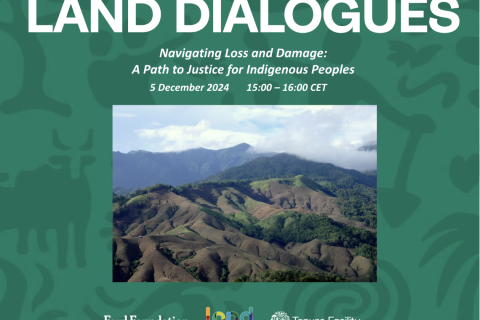
Under the umbrella of the Land Dialogues series, the last webinar of this year’s series “Navigating Loss and Damage : A Path to Justice for Indigenous Peoples” took place on December 5th, 2024. The webinar drew in a little over 250 participants. The series is organized by a consortium of organizations, including the Land Portal Foundation, the Ford Foundation and the Tenure Facility and this particular webinar was
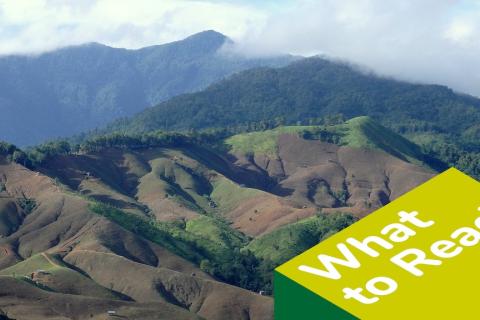
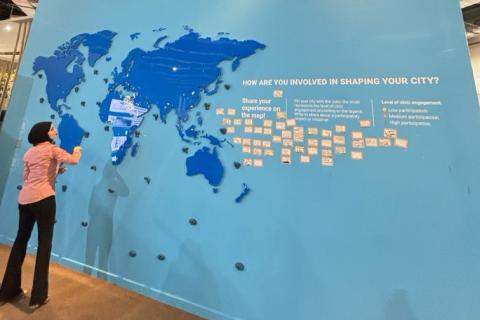
The key takeaways from the World Urban Forum 12, which took place in Egypt between 4-8 November 2024.
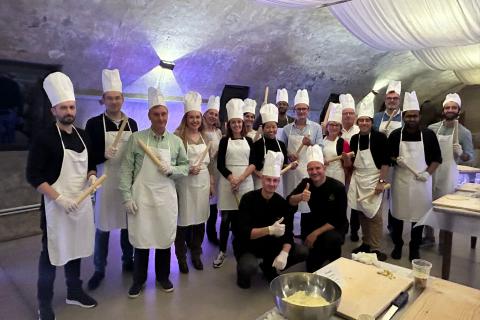
I recently had the opportunity to take part in two trainings to help me develop my leadership skills. It was time very well spent.
